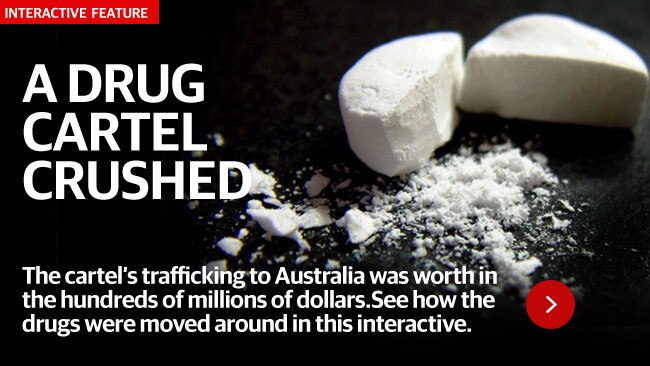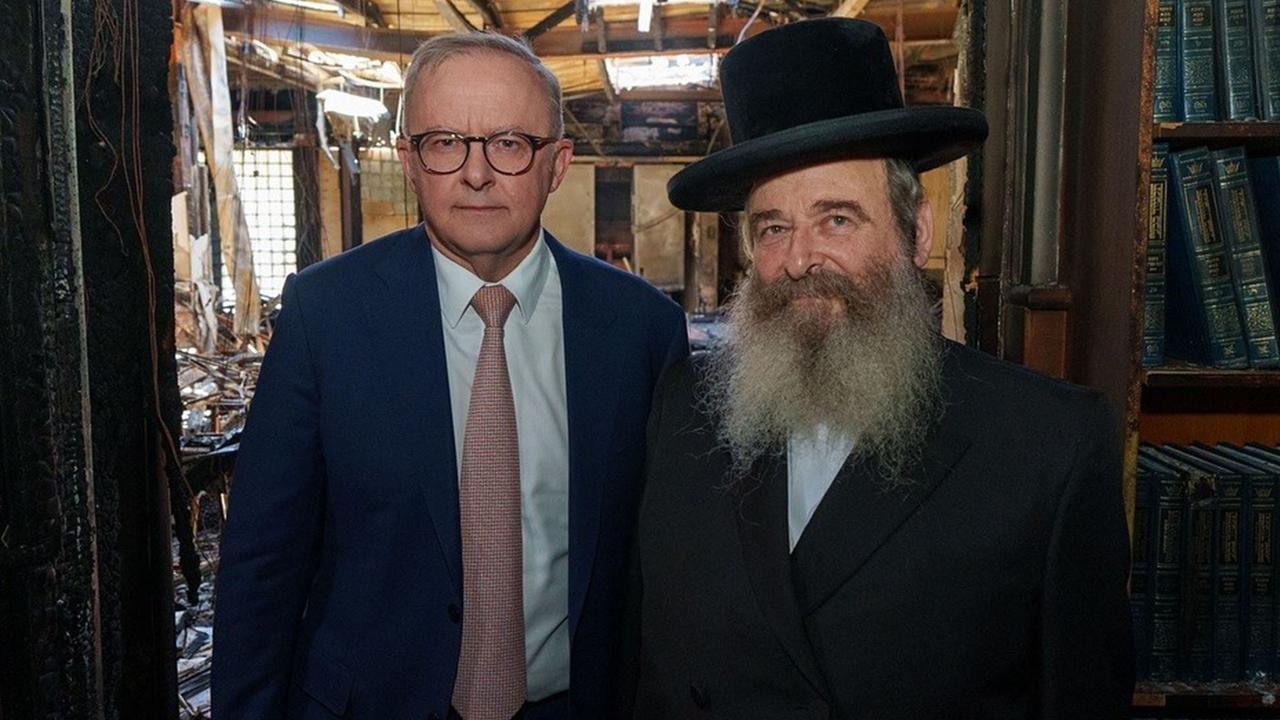AFP smash global ecstasy ring as kingpin jailed for 22 and a half years in Sydney court
ONE of the longest running investigations in Australian Federal Police history came to a head in a Sydney court yesterday. For the first time, here is the full story.
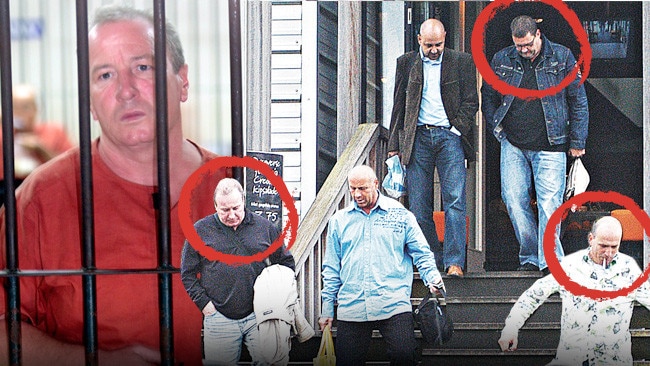
National
Don't miss out on the headlines from National. Followed categories will be added to My News.
EXCLUSIVE
AUSTRALIAN police have brought down one of the world’s most powerful drug syndicates that for almost two decades had been targeting the nation for trafficking multiple tonnes of ecstasy for the country’s clubs and pubs.
For nine years, the Australian Federal Police have pursued the Netherlands-based cartel that had been running an extensive and sophisticated global trafficking operation to markets across Europe, the UK, United States and Australia.
The extent of the long-running covert investigation, one of the longest in AFP history, can only be revealed today after the sentencing in a Sydney court of one of the cartel’s principal chiefs James Henry Kinch.
THE SHOPPING CENTRE CAFE WAS THE HUB OF MAJOR DRUG CARTEL
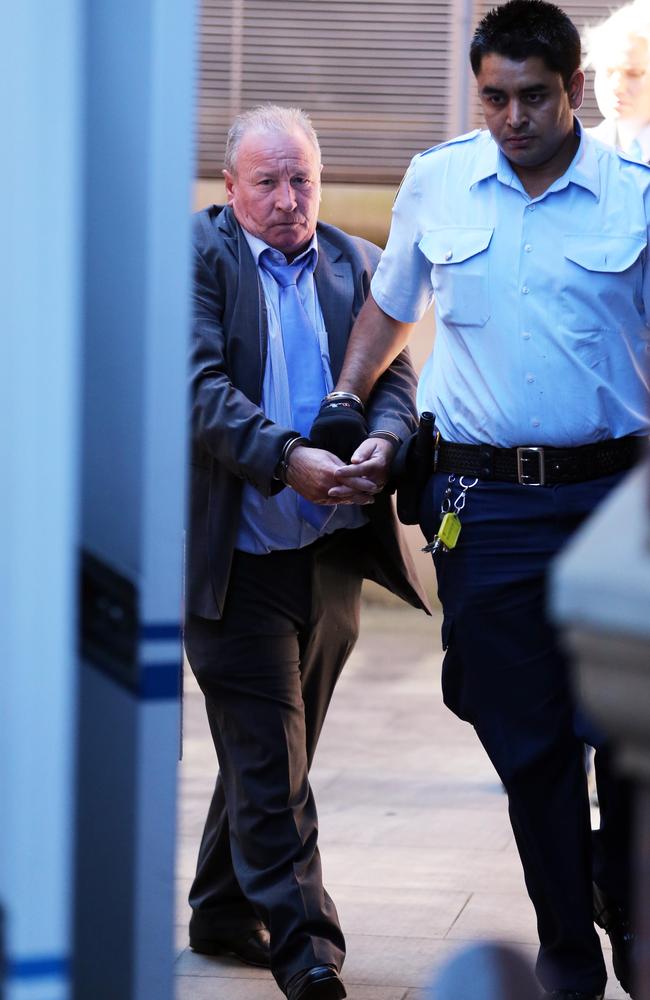
Kinch received a maximum of 22.5 years in prison, with a minimum non-parole period of 16 years’ jail after pleading guilty to four charges related to conspiring to import a commercial quantity of drugs or precursors and money laundering.
Kinch will be eligible for parole in February 2024.
The AFP was tasked with leading the international multi-agency investigation that extended into 14 countries with their work specifically leading to the prosecution of the godfathers of the cartel Dutchmen Peter Dekker and Ron Haklander, after whom the syndicate was named. Both men are now serving eight years in jail. At least 20 members of the cartel in the Netherlands and Australia are now in jail. Another principal player was thrown, by his colleagues, out of the window of an office block in Holland while others who assisted police are in hiding or protection programs.
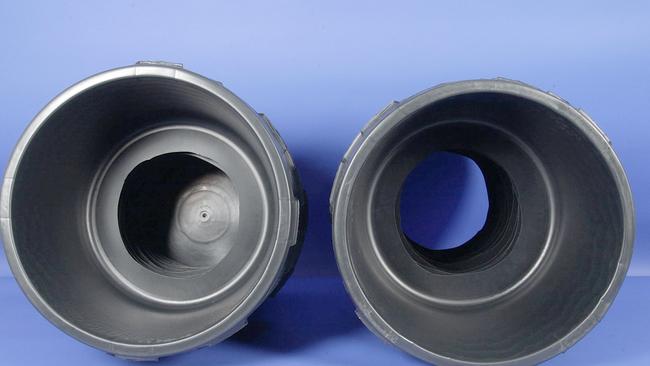
It was Kinch, 57, who seduced the then NSW Crime Commissioner assistant director Mark Standen to join him in a conspiracy to import narcotics and be the “eyes and ears” of the Haklander cartel, also known as the Breda Group after the district where they largely sourced and manufactured their drugs.
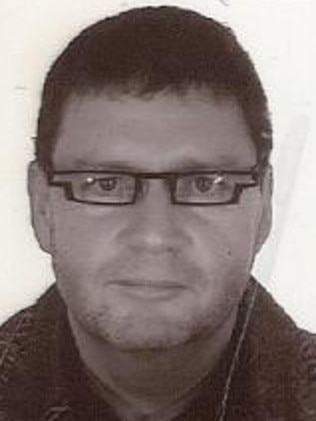
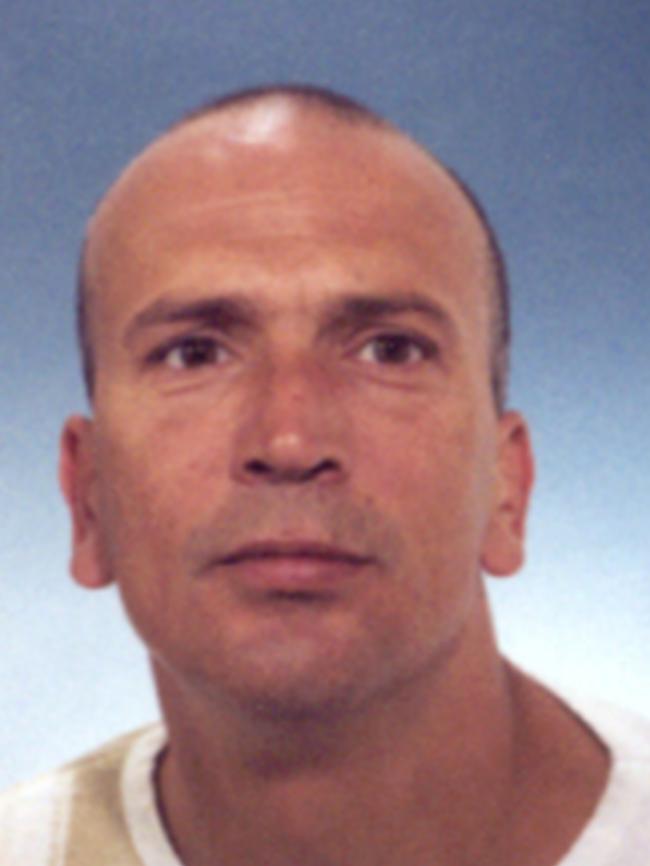
At the time of his arrest and sentencing to 22 years, Standen represented the most significant breach in law enforcement security history.
Kinch, the Irish-English dual national old school career criminal, had eluded police since 2002, but was finally arrested in a Starbucks cafe in Thailand in 2008 but then successfully mounted a campaign against extradition.
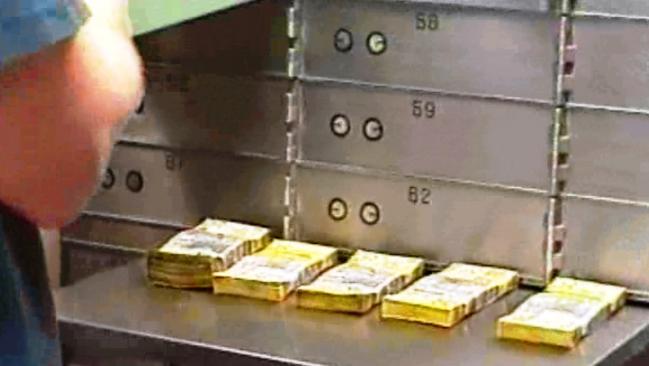
He was finally extradited, despite a spirited social media campaign where hundreds of supporters backed his claim of a police set up, but until today the Australian courts suppressed his name given the extent of his cartel’s operations which the AFP was leading a dozen other national police forces including the Dutch and American police, to dismantle.
News Corp Australia had uncovered the sensitive police investigation and cartel plot, but in agreement with authorities agreed not to publish any material for nine years until the final conviction was made.
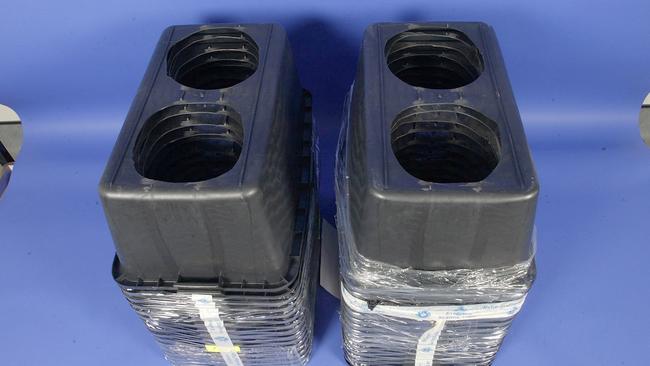
Evidence gathered shows the cartel’s trafficking to Australia was several tonnes over decades and worth in the hundreds of millions of dollars, only a fraction of which was ever found or seized.
Kinch was sentenced for conspiring to import 1.1 tonnes of ecstasy, about six million pills, in three cargo shipments and money laundering up to $200 million through corrupt money exchange operations in Sydney and Melbourne where suitcases with sums up to $1 million at a time was laundered.
At one stage he rented an apartment in The Toaster on Circular Quay overlooking Sydney Harbour to use as a virtual bank complete with counting machine to count the millions of dollars in criminal proceeds. A single suitcase earning alone totalled $1.7 million.
He had been facing more than a dozen extra charges but agreed with prosecutors to plead to these and the others were dropped.

Those drugs entered Australia in 2002 hidden in horticultural products but there were many other drug runs police decided not to pursue.
The investigation was led by AFP Commander Glen McEwen OAM and Sergeant Brett Thompson, acting team leader of AFP crime operations, who themselves spent many weeks undercover in Holland targeting the cartel, posing as advance security detail for the Socceroos that happened to be playing a friendly in the country at the time.
Cmdr McEwen said the probe was like a movie.
“It really is like a Dutch or Aussie version of Lock Stock and Two Smoking Barrels really or Snatch or something,” he said yesterday after the court hearing.
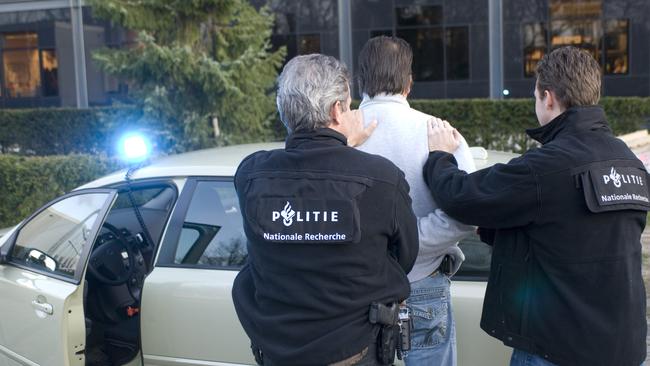
But he said it was a serious issue, “multiple multi-tonne” imports of illicit drugs, that had had a significant impact on Australian society over many years.
“It brought down the major players, the leadership players, of Haklander and Dekker of a major syndicate, international with what they were doing there, Kinch in Australia, Standen side, when you look at it in totality people don’t understand it.
“It was an organisation that was in the manufacture all the way to laundering proceeds of crime and everything in between. It has been substantial. We’ve estimated what the proceeds were and it was in the hundreds of millions of dollars … it is very gratifying that you invest, you start off, and once you start turning over some rocks and scratching the service you find the depth and breath of a syndicate and be able to adversely impact on them, is extremely rewarding.
But it takes organisational patience, officers’ tenacity and commitment and the backing of the organisation to do something like that and we were fortunate to get that.”
The AFP had been running multiple AFP operations for two decades before they realised the hauls, in a variety of methods including drugs in olive oil from Greece, were from the same cartel.
WORLD EXCLUSIVE FOR NEWS CORP AUSTRALIA
News Corp Australia first broke the world exclusive of the cartel in 2008 in a series of articles related to the jailing of former NSW Crime Commission assistant director Mark Standen, who was sentenced to 22 years for his role in conspiring to import drugs at the behest of the group.
But while his bust was significant it was just a small element of a larger story that this newspaper, in consultation with the AFP and Dutch National Police, agreed not to discuss publicly nor reveal in print for nine years until numerous investigations in multiple jurisdictions around the world could be pursued by law enforcement.
Now with the sentencing of James Henry Kinch we can reveal exclusively for the first time the extent of the so-called Haklander Cartel also known as The Breda Group and its extensive global drug operations, including its standing as one of the most significant and prolific traffickers of ecstasy to Australia for more than two decades.
There have been 14 police forces around the globe looking to smash the group but the Australian Federal Police was given the coveted lead agency role and finally can now claim to have shut the cartel down on behalf of transnational police investigations.
EMAIL: charles.miranda@news.co.uk

